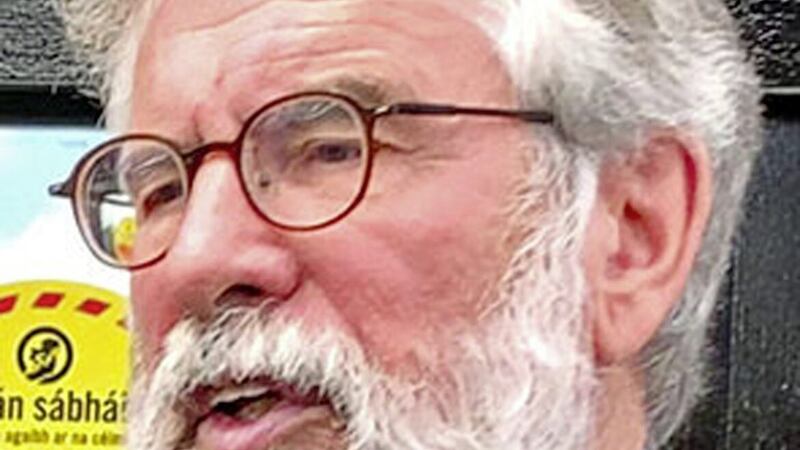GERRY Adams was wrongly denied compensation after his historic convictions for trying to escape from prison were quashed, the High Court heard.
The former Sinn Féin President is challenging the Department of Justice's decision to refuse him a pay-out.
His lawyers argued that the circumstances met the legal test for an award made to victims of a miscarriage of justice.
Mr Adams had been found guilty of two attempts to escape from lawful custody while being held without trial at the Maze Prison - then known as Long Kesh internment camp - in 1973 and 1974.
In 2020 the Supreme Court ruled that his detention had been unlawful and quashed both convictions.
The Interim Custody Order (ICO) used to initially detain him was held to be invalid because the Secretary of State at the time, Willie Whitelaw, had not personally authorised it.
Mr Adams issued judicial review proceedings after a subsequent application for compensation was turned down.
Under the statutory scheme payment for a miscarriage of justice is made in cases where "a new or newly discovered fact" shows the person did not commit the offence.
Counsel for Mr Adams, Donal Sayers KC, argued that he qualified based on the circumstances established by the Supreme Court.
"There is in this case a newly discovered fact in the form of confirmation that there was no personal consideration by the Secretary of State, and that (another) Minister of State signed the ICO without authorisation to do
so," he submitted.
"f the applicant was not lawfully detained, he did not commit the offence he was convicted of."
According to Mr Sayers the test for a miscarriage of justice was met.
But Peter Coll KC, for the Department, contended that it was the analysis of a legal point which led to the guilty verdicts being overturned.
"The convictions were not reversed on the grounds of a new or newly discovered fact," he insisted.
Reserving judgment in the challenge, Mr Justice Colton pledged to give his decision as soon as possible.







